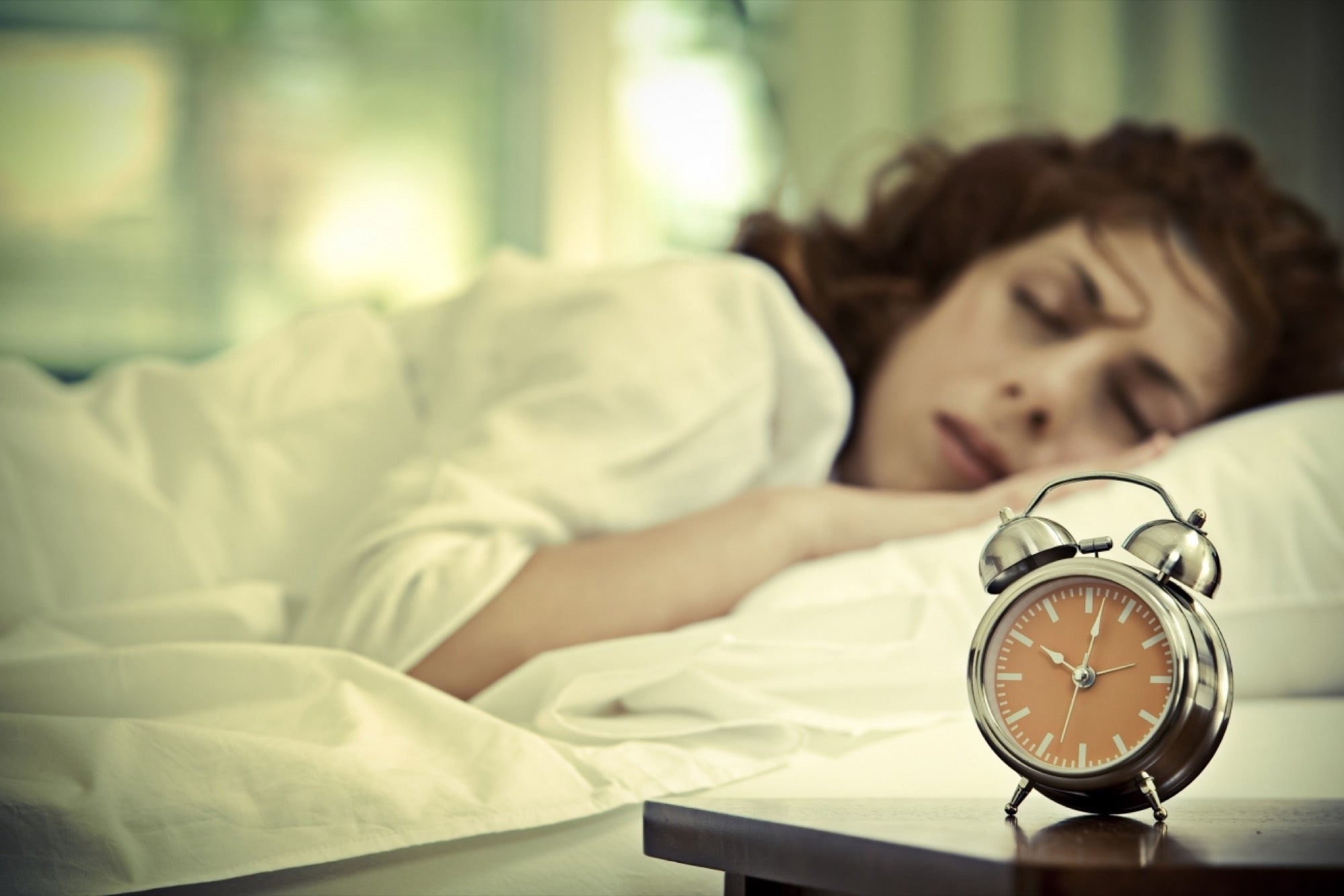Your Crazy Erratic Sleep Routine Is Making You Less Productive It's not about the amount you sleep -- it's about the consistency.
By Rose Leadem
Opinions expressed by BIZ Experiences contributors are their own.

To achieve success, sleep is vital. And if you're a student, staying up late to cram for a test is not going to help you get that A. Instead, get in the habit of having a regular sleep schedule.
Related: 11 Unexpected Things That Are Stealing Your Sleep
A recent study by the Sleep Health Institute at Brigham and Women's Hospital published in Scientific Reports found that students who went to bed and woke up at consistent times every day performed better academically than students who had irregular sleep schedules. By studying 61 full-time students at Harvard University who kept sleep diaries for 30 days, researchers uncovered the relationships between sleep duration, distribution of sleep throughout the day and academic performance during one semester.
Grading the students' sleep regularity on a zero to 100 scoring index, researchers categorized the students into two groups: regular and irregular sleepers. Regular sleepers scored higher on the index, while irregular sleepers received lower scores. Unsurprisingly, unpredictable sleep schedules took a toll on students' grades. In fact, every 10-point score decrease on the index translated into a 0.10 decrease in grade point average.
Related: Sleep In and Make Millions: Why You Don't Need to Wake Up at 5 A.M.
The study found that irregular sleepers had a delay in the release of melatonin, the hormone that promotes sleep. Melatonin helps to regulate a person's circadian rhythm that determines when a person falls asleep and wakes up. For sleepers with irregular schedules, researchers discovered a whopping three-hour delay in the release of melatonin, ultimately pushing their circadian clock later.
"We found that the body clock was shifted nearly three hours later in students with irregular schedules, as compared to those who slept at more consistent times each night," said Dr. Charles Czeisler, director of the Sleep Health Institute at Brigham and Women's Hospital.
"For the students whose sleep and wake times were inconsistent, classes and exams that were scheduled for 9 a.m. were therefore occurring at 6 a.m. according to their body clock, at a time when performance is impaired," Czeisler explained.
Related: 12 Habits to Dramatically Improve Your Sleep
And while we often associate lack of sleep with poor performance and productivity, the study found that grades were actually affected by the consistency of when a person goes to bed and wakes up.
"Ironically, they didn't save any time because in the end they slept just as much as those on a more regular schedule," Czeisler concluded.












